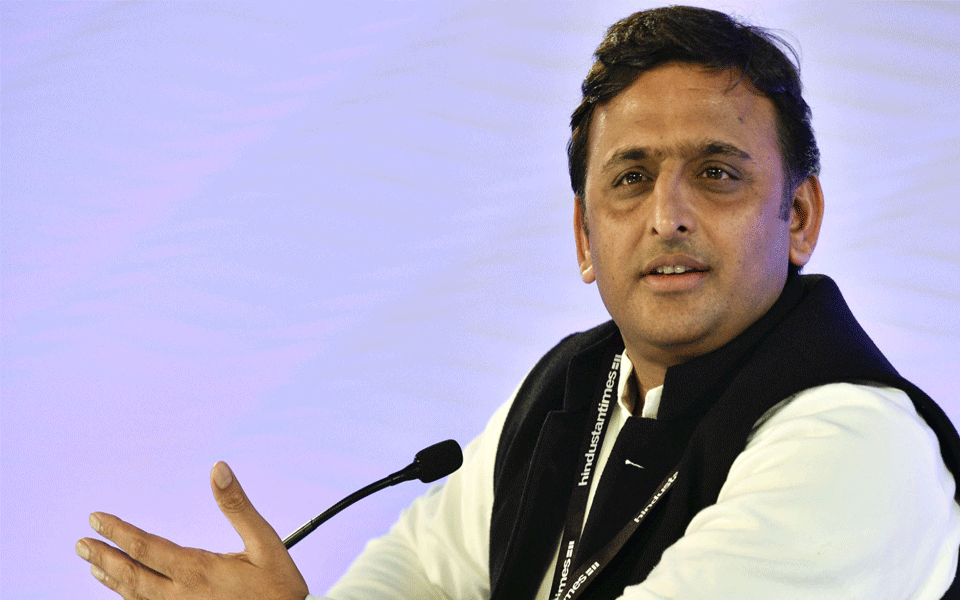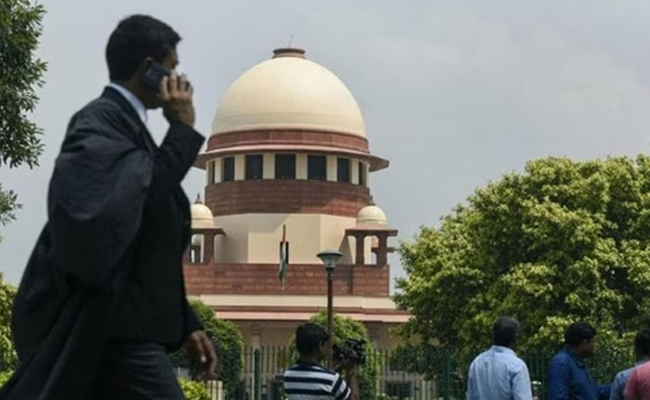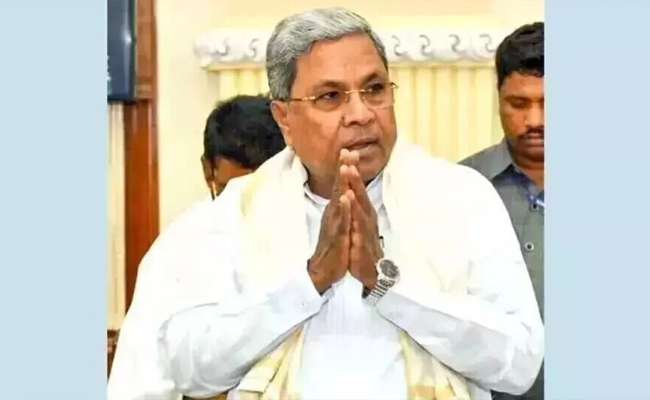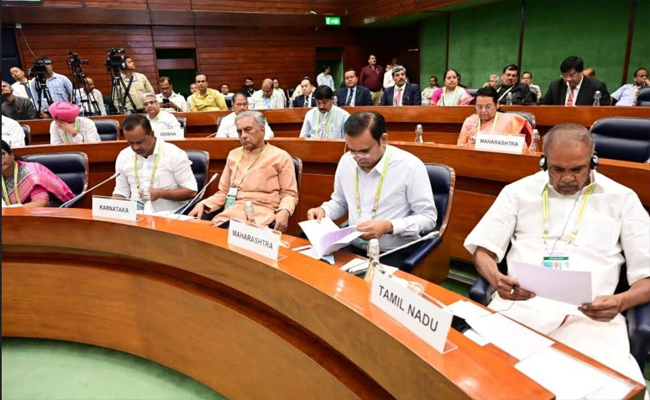Lucknow, July 24 : Samajwadi Party (SP) President Akhilesh Yadav on Tuesday lashed out at the Bharatiya Janata Party (BJP) for "using social media to spread hatred against religions and communities".
In a statement issued here, the former Uttar Pradesh Chief Minister said that this was fast turning into a major threat to democracy, with any person or organization who condemns or refutes such misinformation being either victimized on the social media or targeted by various government agencies.
"The basic agenda of the BJP was to disrupt social and communal harmony, create economic distress and to bring to an end probity and moral values in politics," he said.
He accused the BJP of not doing any development and rather spending public money in false propaganda. "They say the UP Chief Minister travelled to all 75 districts of the state in the past 16 months and the Prime Minister visited 50 plus countries in his four year tenure...but what has it resulted in?...there are no answers."
Neither has any foreign investment come nor problems like unemployment, inflation, farmer distress, crime, law and order being tackled by the BJP governments, the SP chief said while slamming the tenure of both Prime Minister Narendra Modi and Chief Minister Yogi Adityanath.
People claiming of sprucing up law and order have no answers to the killings inside prison walls and crimes against women, Akhilesh Yadav said while also alleging that state-sponsored "goondaism" in the order of the day in Uttar Pradesh now.
Let the Truth be known. If you read VB and like VB, please be a VB Supporter and Help us deliver the Truth to one and all.
New Delhi (PTI): The Supreme Court has said it listed for Tuesday pleas on the vexed legal question of whether a husband should enjoy immunity from prosecution for the offence of rape if he forces his wife, who is not a minor, to have sex.
A bench of Chief Justice DY Chandrachud and Justice JB Pardiwala said the pleas were already "listed tomorrow" and they would be taken up after some part-heard cases.
The pleas for early listing were mentioned by senior advocate Karuna Nundy, appearing for a litigant in the case.
On September 18, senior advocate Indira Jaising, appearing for one of the litigants, mentioned that the pleas needed to be heard urgently.
The top court on July 16 agreed to list for hearing the pleas on the legal question. The Chief Justice had indicated that the cases might be taken up on July 18.
Under the exception clause of Section 375 of the Indian Penal Code (IPC), now repealed and replaced by the Bharatiya Nyaya Sanhita (BNS), sexual intercourse or sexual acts by a man with his wife, the wife not being minor, is not rape.
Even under the new law, Exception 2 to Section 63 (rape) says that "sexual intercourse or sexual acts by a man with his own wife, the wife not being under eighteen years of age, is not rape".
The top court on January 16, 2023, sought the Centre's response on a clutch of petitions assailing the IPC provision, which provides protection to a husband against prosecution for forcible sexual intercourse if the wife is an adult.
On May 17, it also issued a notice to the Centre on a similar plea challenging the BNS provision on the issue.
The BNS, Bharatiya Nagarik Suraksha Sanhita and the Bharatiya Sakshya Adhiniyam came into effect from July 1, replacing the IPC, Code of Criminal Procedure (CrPC) and the Evidence Act, respectively.
"We have to resolve the matters concerning marital rape," the bench had said.
The Centre earlier said the issue had legal as well as social implications, and the government would like to file its response to the petitions.
One of the pleas is related to a Delhi High Court split verdict of May 11, 2022, on the issue.
The appeal has been filed by a woman, who was one of the petitioners before the high court.
While delivering a split judgment, Justice Rajiv Shakdher and Justice C Hari Shankar concurred on granting the petitioners a certificate of leave to appeal in the Supreme Court as the matter involved substantial questions of law, which required a decision by the top court.
While Justice Shankar, who headed the division bench, favoured striking down the marital rape exception for being "unconstitutional" and said it would be "tragic if a married woman's call for justice is not heard even after 162 years" since the enactment of the IPC, he said the exception under the rape law was not "unconstitutional and was based on an intelligible differentia".
The concept of intelligible differentia distinguishes people or things grouped together from those that are left out.
Another plea has been filed by a man against a Karnataka High Court verdict that paved the way for his prosecution for allegedly raping his wife.
Karnataka High Court had on March 23 last year said exempting a husband from allegations of rape and unnatural sex with his wife ran against Article 14 (equality before law) of the Constitution.
The set of pleas are PILs filed against the IPC provision and have challenged the constitutionality of the marital rape exception under Section 375 (rape) of the IPC on grounds that it discriminates against married women who are sexually assaulted by their husbands.





